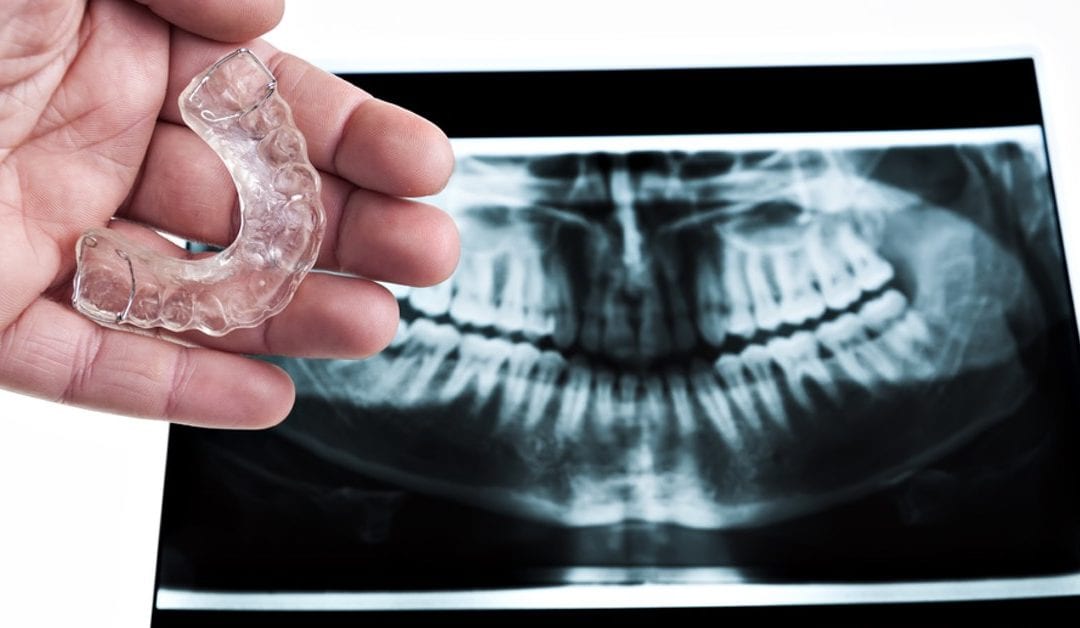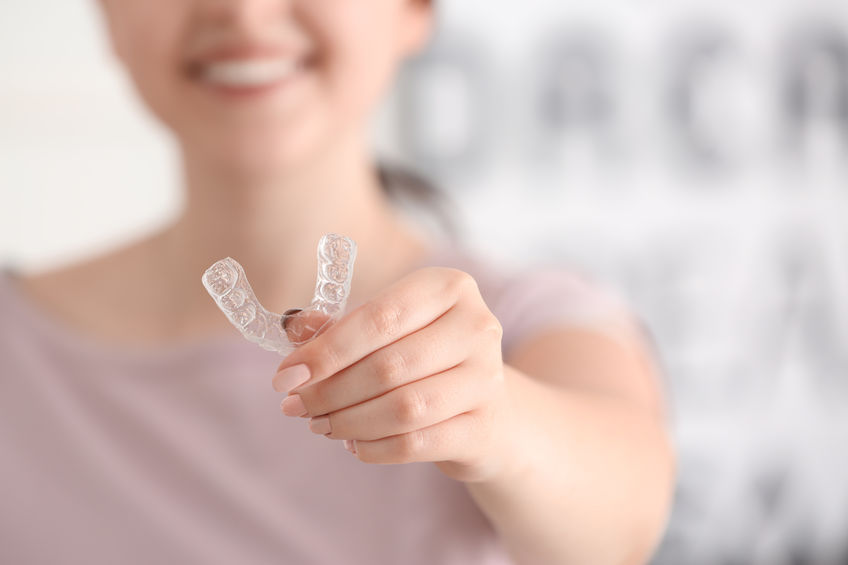Bruxism, commonly known as teeth grinding or clenching, is a condition that affects millions of people. It often occurs unconsciously during sleep (sleep bruxism) or even while awake (awake bruxism). Over time, bruxism can lead to significant dental problems, jaw pain, and even headaches.
At Los Angeles Emergency Dentist, we provide expert care for patients dealing with bruxism and its related complications. Whether you’re experiencing pain, damaged teeth, or other symptoms, we’re here to help.
Bruxism is the involuntary grinding or clenching of teeth. While occasional grinding may not cause harm, chronic bruxism can lead to serious dental issues, including:
Chipped, cracked, or worn-down teeth.
Discomfort or tension in the jaw, often caused by overuse of the muscles.
Bruxism can put excessive strain on the TMJ, leading to pain or difficulty moving the jaw.
Morning headaches are a common symptom of nighttime teeth grinding.
Worn enamel or exposed dentin can make teeth more sensitive to hot or cold temperatures.
Several factors can contribute to bruxism, including:
High levels of stress or anxiety often lead to clenching and grinding, especially at night.
Conditions such as sleep apnea are commonly linked to sleep bruxism.
A poor bite or crooked teeth may contribute to grinding.
Consuming caffeine, alcohol, or certain medications can increase the likelihood of bruxism.
Neurological disorders or conditions like Parkinson's disease can also play a role.
Treating bruxism requires a comprehensive approach that addresses the root cause and protects your teeth from further damage. Some common treatments include:
A dental nightguard, custom-made to fit your teeth, can prevent grinding while you sleep and reduce stress on your jaw.
Relaxation techniques, therapy, or lifestyle changes may help reduce stress-induced bruxism.
If bruxism has caused significant damage to your teeth, treatments like crowns, veneers, or bonding may be necessary to restore them.
Correcting misaligned teeth or bite issues can help reduce grinding.
If TMJ pain is associated with your bruxism, additional therapies, such as physical therapy or medication, may be recommended.
While some causes of bruxism are beyond your control, there are steps you can take to reduce the risk or severity of the condition:
Ensure you get enough sleep and maintain a consistent sleep schedule.
Incorporate stress-reducing activities like meditation, exercise, or therapy into your routine.
These substances can exacerbate bruxism, especially before bed.
If you're prone to grinding at night, a custom nightguard is an effective preventive tool.
Severe bruxism can cause immediate issues, such as tooth fractures or extreme jaw pain, which may require emergency dental care. At Los Angeles Emergency Dentist, we specialize in treating urgent dental problems related to bruxism. Whether you’re dealing with acute pain or a damaged tooth, we offer same-day and after-hours appointments to provide prompt relief.


If you’re experiencing symptoms of bruxism, don’t wait to seek help. Whether you need a custom nightguard, relief from jaw pain, or emergency care for damaged teeth, Los Angeles Emergency Dentist is here to assist you.
We offer same-day appointments, virtual consultations, and after-hours services to ensure you get the care you need when you need it most.
Don’t let a dental emergency disrupt your life. Contact Los Angeles Emergency Dentist for prompt, reliable care you can trust.
Emergency Care Available 24/7
18740 Ventura Blvd. #108
Los Angeles, CA 91356
Visit us online or call us 24/7 to receive assistance and schedule an emergency dental appointment.
Los Angeles Emergency Dentist, Copyright © 2024. All Right Reserved.